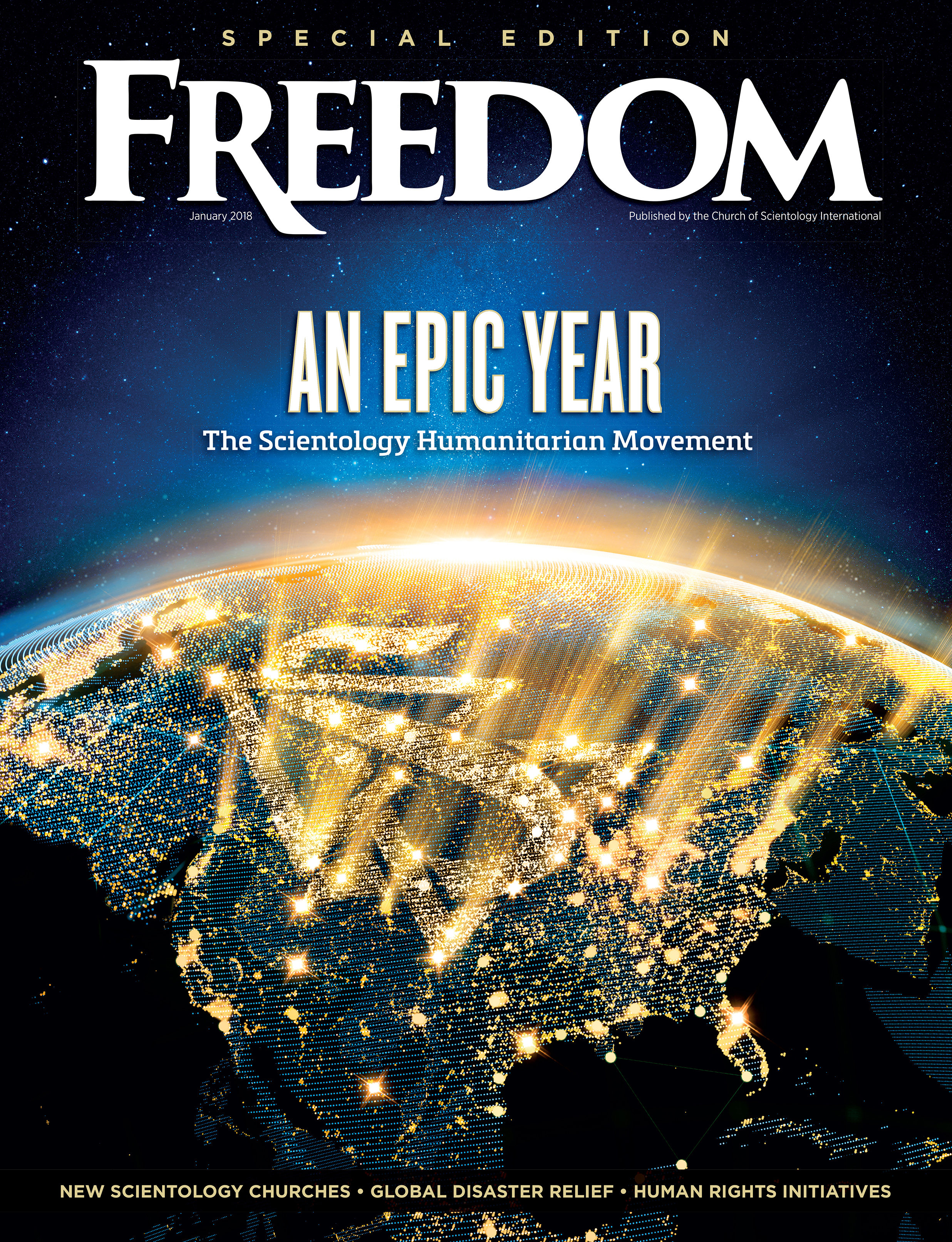In fiscal year (FY) 2023, 1,199,699 FOIA information requests avalanched into government agencies. It was a 29 percent increase over the prior year, and agencies slammed with those requests are scrambling for a way to handle them all.

Even as they struggle to deal with the existing mountain of requests, officials are painfully aware that those for the 2024 fiscal year are predicted to continue to rise, possibly up to as many as 1.3 million.
Unfortunately, another record was set in 2022: an unprecedented number of backlogged FOIA requests, reaching a staggering 206,000+ stuck in the government mire.
If you’re wondering how to feel about all this, on the one hand, it’s good news: a huge number of Americans are interested in finding out what their government is doing. That’s a level of involvement that bodes well for the future of our democracy.
On the other hand, it bodes potential disaster for the future of FOIA itself.
FOIA—An Overview
The FOIA went into effect in 1967 and essentially “provided the public the right to request access to records from any federal agency,” according to the Department of Justice. “It is often described as the law that keeps citizens in the know about their government. As Congress, the President and the Supreme Court have all recognized, the FOIA is a vital part of our democracy.”
In 2022, just five agencies—the Department of Veterans Affairs, the Department of Justice, the Department of Defense, the Department of Health and Human Services and the Department of Homeland Security—received over 80 percent of all FOIA requests. The other 115 agencies subject to the FOIA received the rest.
There are nine exemptions according to which certain records may be refused to the public requesting them. These include classified information and information prohibited from disclosure by federal law or violation of attorney-client privilege.
“As the federal government braces for what could be another record-breaking year of FOIA requests in FY 2024, the need for innovative solutions is clear.”
Agency workers answering FOIA questions must do hands-on careful analysis of each request to ensure information is not improperly released that could violate these nine exemptions.
For these reasons—plus litigation arising from refusals to provide information—FOIA requests can be extremely labor-intensive and time-consuming.
That’s why it seems like it can take forever to get an answer to your FOIA request.
“For 2023, the average processing time for simple requests for all agencies ranged from the low of one day to the high of 636 days,” said Dena Kozanas, former chief privacy officer/chief FOIA officer at the Department of Homeland Security.

That’s a high of almost two years. So if you file a FOIA request, don’t hold your breath waiting on the answer.
And it’s getting worse. There were 200,843 backlogged FOIA requests in 2023. That figure jumped to 222,328, a 10 percent increase, in the third quarter of fiscal year 2024. And the year isn’t even over yet.
This means that agencies are losing the FOIA battle, falling further and further behind.
Is AI an Answer?
There are hopes for a fast fix from the world of high technology, with some counting on artificial intelligence to save the day.
“As the federal government braces for what could be another record-breaking year of FOIA requests in FY 2024, the need for innovative solutions is clear,” wrote Government Executive, a government news outlet. “With the volume of requests expected to surpass 1.3 million and backlogs on the rise, agencies must adopt more efficient, technologically driven processes. Integrating AI-powered tools into FOIA processing could be a game changer, reducing backlogs, lowering costs and improving accuracy. In a world where data continues to grow in size and complexity, leveraging technology is not just an option—it is a necessity for the future of government transparency.”
The 2016 FOIA Improvement Act, which adjusted fees and specified how requests were to be handled, went some distance toward correcting problems. But the technological age has grown exponentially in the last eight years. Comparatively speaking, FOIA offices are operating primitively, like having Fred Flintstone as your computer tech.
As Kozanas put it, the 2016 act was “passed at a time when the iPhone 7 was in popular demand. Technologies and expectations of the user experience have come a long way. Investments in policy, people and processes are critical to improve a law whose utility has not yet reached its full potential.”
“There’s a culture of keeping things as secret as possible for as long as possible.”
“There is no way for FOIA to work in the future unless you can automate searching of the millions, hundreds of millions, billions of records that these government agencies hold,” Jason R. Baron, a University of Maryland information studies professor and leading expert on the use of artificial intelligence, said. “The problem is simply unsolvable without AI.”
Agencies continue to develop different AI systems that could enable FOIA requests to be handled more quickly and efficiently, while ensuring that security concerns are still satisfied.

But there are downsides to AI. Agencies aren’t always compliant with legitimate requests for information, and there is a question about exactly how they could use AI to withhold information from the public.
Brett Max Kaufman, senior staff attorney for the ACLU, put it this way: “Agencies regularly over-redact and over-withhold information under FOIA. There’s a culture of keeping things as secret as possible for as long as possible, in part because all of the incentives run in that direction. And if you’re just teaching a machine how to do the same thing that you’ve always done, it has the potential to make things even worse.”
So depending on how it’s programmed, AI can make accessing information via FOIA simpler for citizens or more difficult.
And there’s a reason it matters: Sometimes you have to force the government to reveal information it doesn’t want to—information that’s rightfully yours.
The Church of Scientology discovered this in its long battle against the IRS prior to receiving religious recognition in the United States in October of 1993. In a number of cases, it became necessary to pursue litigation in order to pry loose information that government agencies wished to improperly withhold. Ultimately, through FOIA, the Church uncovered a decades-long pattern of discriminatory conduct on the part of the IRS—which was found, among other things, to be seeking to redefine “religion” to exclude the Church of Scientology, forging documents falsely implicating Church officials in wrongdoing and using tax laws to selectively discriminate against Scientologists.
Had these actions not been uncovered by the Church through FOIA, any minority religion or group would be more vulnerable to such government oppression today. The Church emerged as a leader in the effective use of freedom of information laws, demanding agencies be held accountable for their efforts to keep the public in the dark.
When it works, FOIA is one of the American citizen’s most powerful weapons against those in power seeking to undermine open, transparent government—a linchpin of democracy.
We need FOIA … and it desperately needs to be fixed.






















